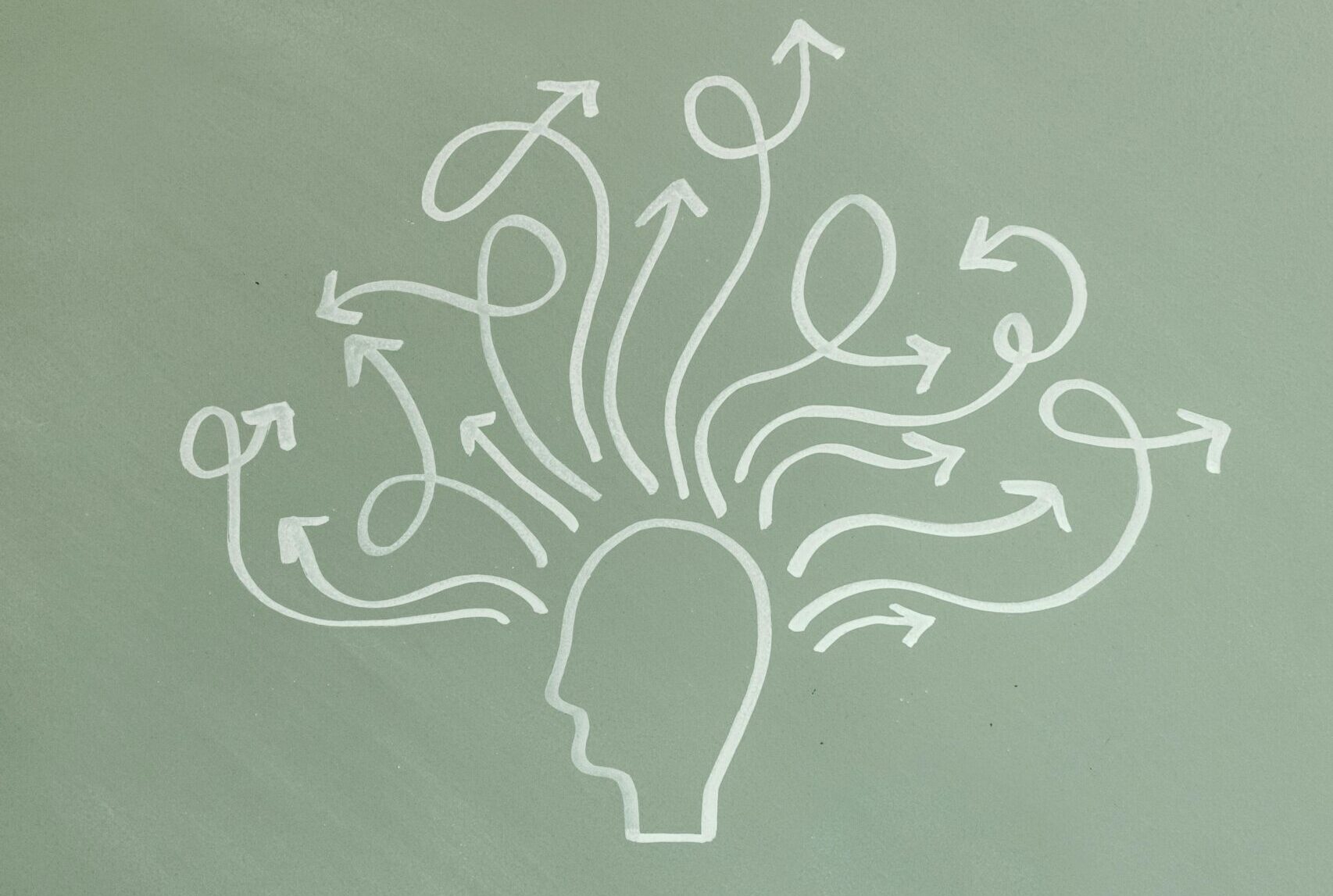Recognizing Concussion Symptoms: Early Signs to Watch For
Catching concussion symptoms early can make all the difference in early recovery and long-term outcomes. Concussions are the most common type of mild traumatic brain injury (mTBI) and often result from a bump, blow, or jolt to the head or body. Whether it’s caused by a sports injury, car accident, or a simple fall, knowing the warning signs and seeking care quickly is essential.
What Are Concussion Symptoms?
A concussion temporarily disrupts brain function, leading to physical, emotional, and cognitive changes. While symptoms can vary from person to person, certain early signs are common and should never be ignored.
Top Early Concussion Symptoms
1. Headache
One of the most common and immediate signs of a concussion is a persistent headache. It might feel like pressure, throbbing pain, or a dull ache that worsens with movement or exertion.
2. Dizziness and Balance Problems
Feeling lightheaded or unsteady is another key symptom. Some people describe it as a sense of “spinning” or being “off balance,” which may occur right after the injury or within a few hours.
3. Nausea or Vomiting
Nausea is a frequent early sign, often appearing within the first few hours after a head injury, while vomiting, though less common, signals a red flag that warrants an immediate trip to the emergency room.
4. Confusion or Memory Loss
Struggling to concentrate, feeling “foggy,” or forgetting events around the time of the injury are hallmark concussion symptoms. This might include not remembering what caused the injury or details of what happened shortly afterward.
5. Sensitivity to Light and Noise
Bright lights and loud sounds may feel overwhelming or even painful. This symptom often accompanies headaches or dizziness.
6. Blurred or Double Vision
Visual disturbances, like trouble focusing or blurred vision, are early signs that shouldn’t be ignored. These issues can make even simple tasks like reading difficult.
7. Fatigue and Sleep Issues
A sudden wave of fatigue, exhaustion, or difficulty sleeping—whether it’s restlessness or sleeping more than usual—can indicate a concussion.
Subtle Signs to Monitor
Not all concussion symptoms show up immediately. Some may develop gradually over hours or days:
- Mood Swings: Feeling unusually irritable, anxious, or sad.
- Delayed Reaction Times: Slower responses to questions or actions.
- Difficulty Multitasking: Struggling with routine mental tasks like planning or problem-solving.
What to Do If You Suspect a Concussion
If you or someone else shows signs of a concussion, take these steps:
- Stop Activity Immediately
- Continuing physical or mental activity can worsen symptoms and prolong recovery.
- Monitor Symptoms Closely
- Keep track of how symptoms change over the first 24–48 hours.
- Seek Medical Attention
- A healthcare provider can evaluate the injury and provide a treatment plan.
When to Seek Emergency Care
Certain symptoms require urgent medical attention:
- A severe or worsening headache.
- Vomiting, especially repeated vomiting.
- Loss of consciousness, even briefly.
- Slurred speech or significant confusion.
Final Thoughts
Recognizing concussion symptoms early is vital for protecting brain health. Even mild concussions can have severe symptoms and lasting effects if ignored. When in doubt, consult a healthcare professional and prioritize recovery.
Remember, brain health matters! If you’re concerned about a concussion, schedule a consultation to ensure you’re on the right path to healing.


